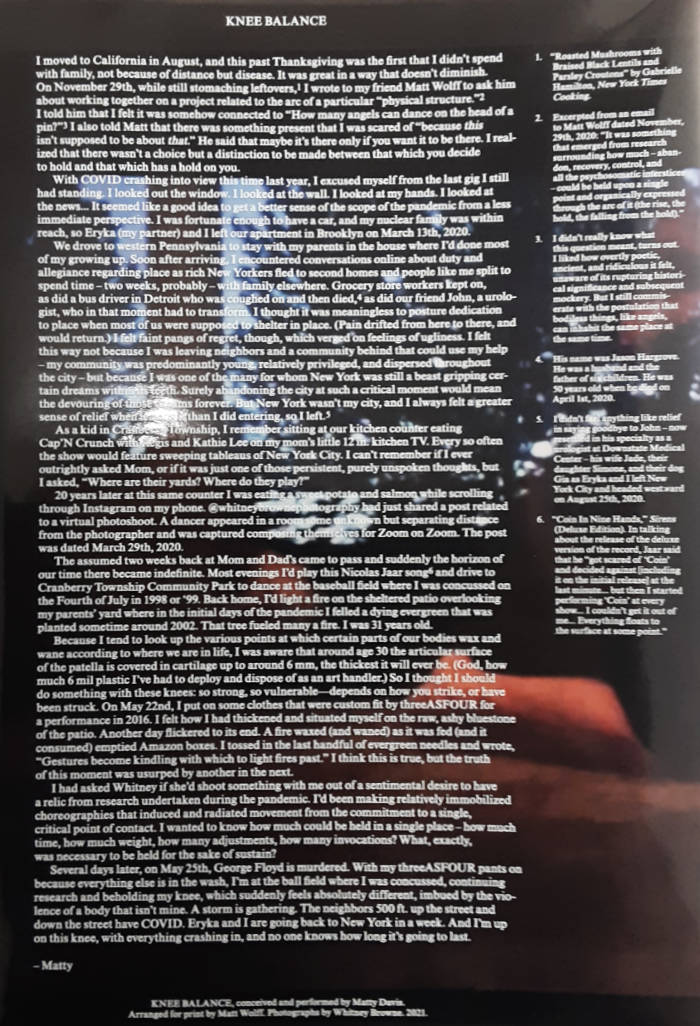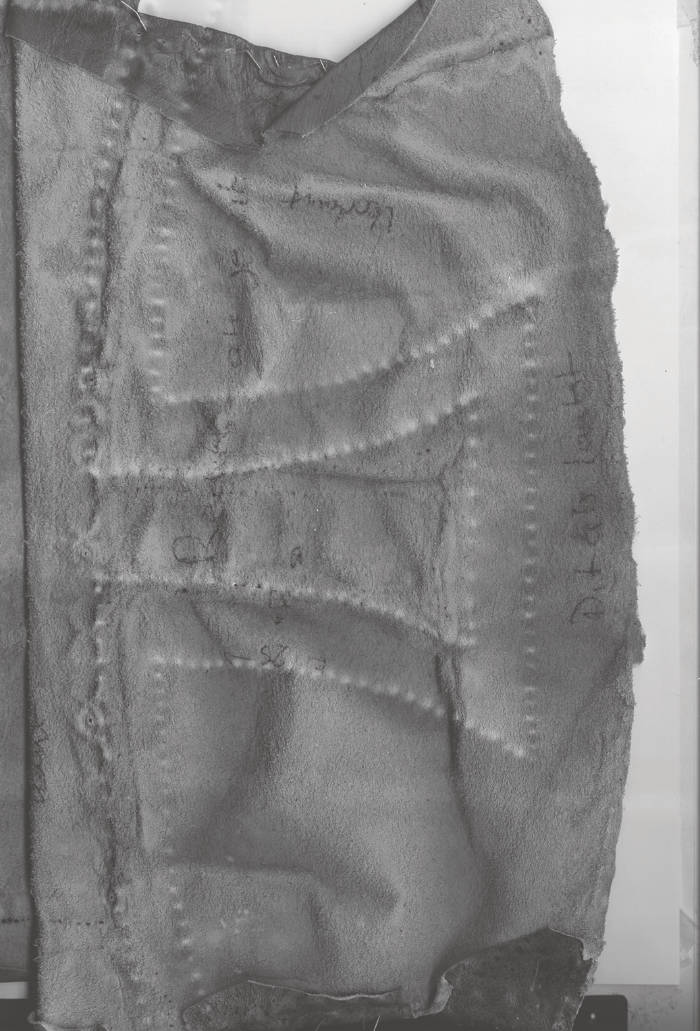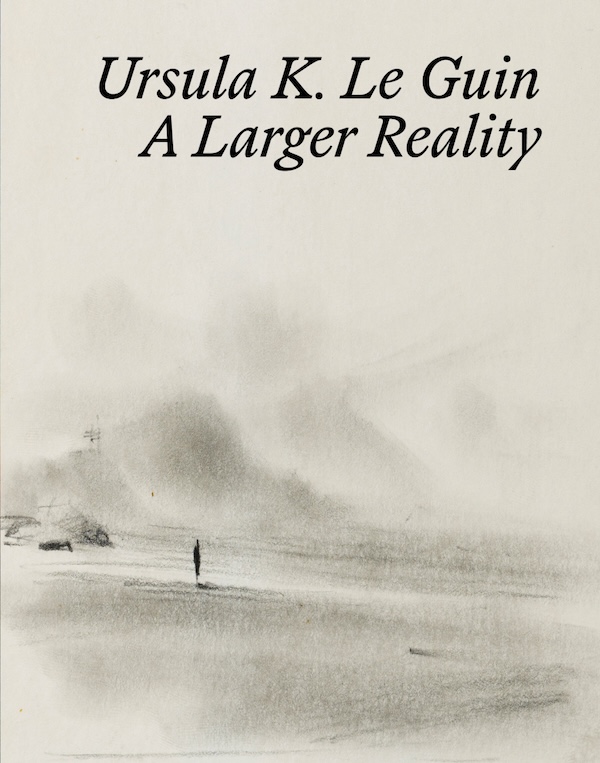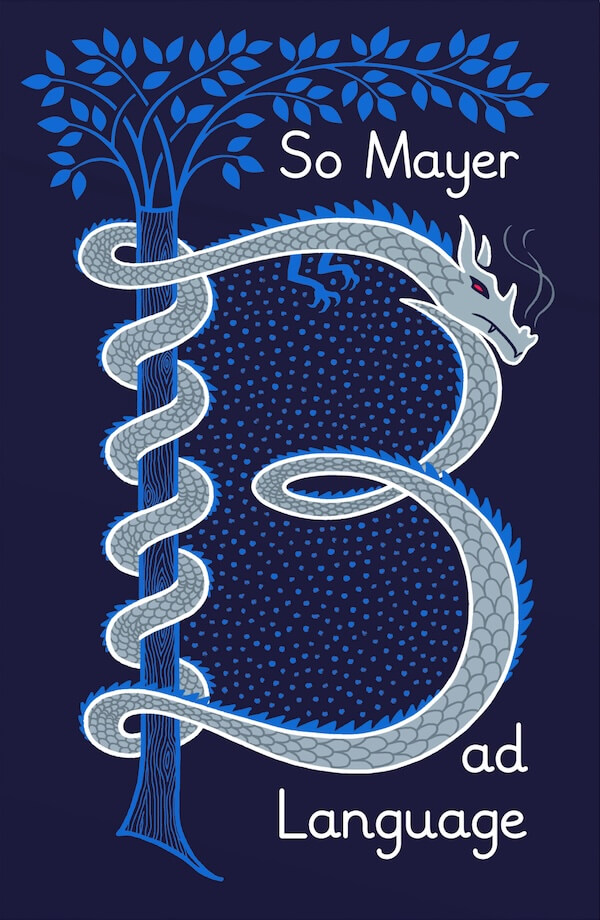
Basic Mechanics
Isabelle Weber, Maud Gyssels, Cristina Emmel
Basic Mechanics is a hold-loose collection of words as findlings and carriers, that hold or lose meaning. Consequently, a description of this work will never simply come out of one’s mouth. The narrative will seem tied together with loose threads. As Ursula K. Le Guin writes in The Carrier Bag Theory of Fiction, we know the story of the hero with the spear and the violence and the teleological progression. But isn’t the story that can be told by all, one of carrying and being carried? Isn’t language a wrapping for all those contradictory and wondrous thoughts and feelings? And can they be captured on paper, for a while, and set free again to counterbalance the killer story?
Confessing secrets and desires to each other became a method of sharing. Accompanied by giggles, we somatically connected the stories we carry, which we (dare to) place with another, which move from the inside out. This publication spills, soaks, opens and closes to confessions, poems and drawings in looping motifs. A shell swimming in a sea of words.







